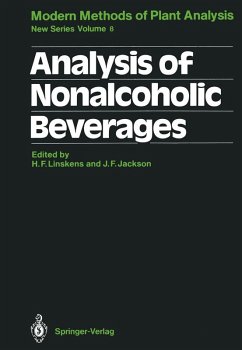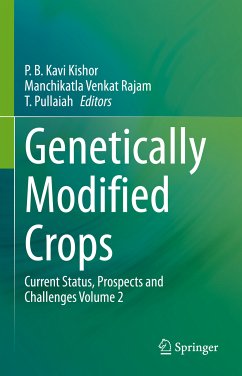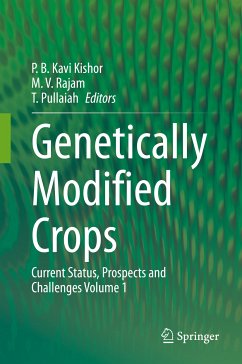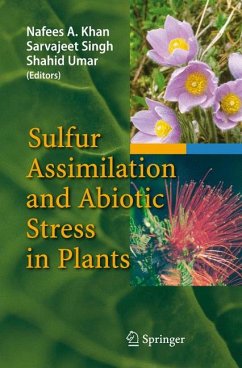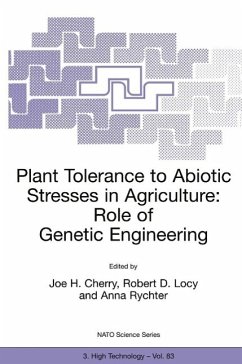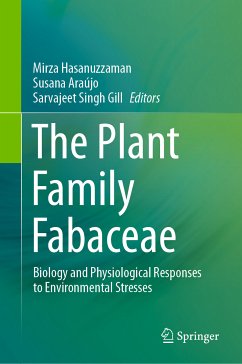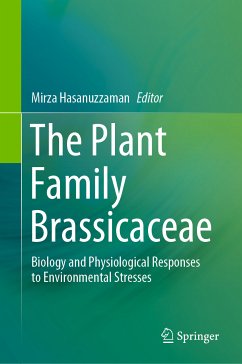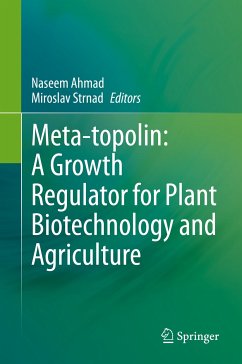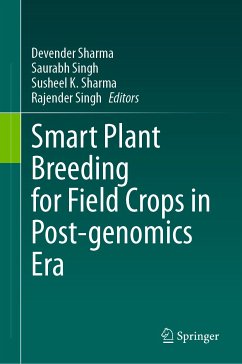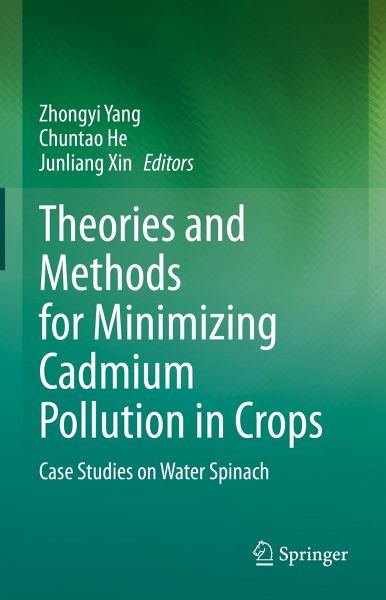
Theories and Methods for Minimizing Cadmium Pollution in Crops (eBook, PDF)
Case Studies on Water Spinach
Redaktion: Yang, Zhongyi; Xin, Junliang; He, Chuntao
Versandkostenfrei!
Sofort per Download lieferbar
88,95 €
inkl. MwSt.
Weitere Ausgaben:

PAYBACK Punkte
44 °P sammeln!
The cadmium (Cd) contamination has raised increasingly global concern on food safety. The book was composed to bring comprehensive and valuable thoughts about the food safety management against heavy metal contamination. In this book, current status of cadmium contamination in agricultural soils and crops is systematically summarized. In order to reduce the risk of Cd pollution in crops, Cd pollution-safe cultivar (Cd-PSC) strategy, i.e. identifying, breeding and applying the cultivars with particularly low Cd accumulation capacity in edible parts even when grown in Cd contaminated soil, is pr...
The cadmium (Cd) contamination has raised increasingly global concern on food safety. The book was composed to bring comprehensive and valuable thoughts about the food safety management against heavy metal contamination. In this book, current status of cadmium contamination in agricultural soils and crops is systematically summarized. In order to reduce the risk of Cd pollution in crops, Cd pollution-safe cultivar (Cd-PSC) strategy, i.e. identifying, breeding and applying the cultivars with particularly low Cd accumulation capacity in edible parts even when grown in Cd contaminated soil, is proposed as a most effective, low-cost and environmental-friendly method for minimizing Cd pollution in crops. To describe the framework of the Cd-PSC strategy, a series research results on water spinach (Ipomoea aquatica Forsk) are summarized as a typical case. The latest findings about the Cd-PSCs of water spinach, including cultivar variation in shoot Cd accumulation, identification and verification of low- and high-Cd accumulating cultivars, stability of Cd accumulation capacity at the cultivar level, biochemical and molecular mechanisms of the cultivar-dependent Cd uptake, transfer and accumulation, breeding methods for improving Cd-PSCs, and so on, have been covered. This book will provide valuable theoretical and practical understandings for controlling Cd pollution in crops grown on agricultural soils with known or unknown risk of Cd contamination.
Dieser Download kann aus rechtlichen Gründen nur mit Rechnungsadresse in A, B, BG, CY, CZ, D, DK, EW, E, FIN, F, GR, HR, H, IRL, I, LT, L, LR, M, NL, PL, P, R, S, SLO, SK ausgeliefert werden.



